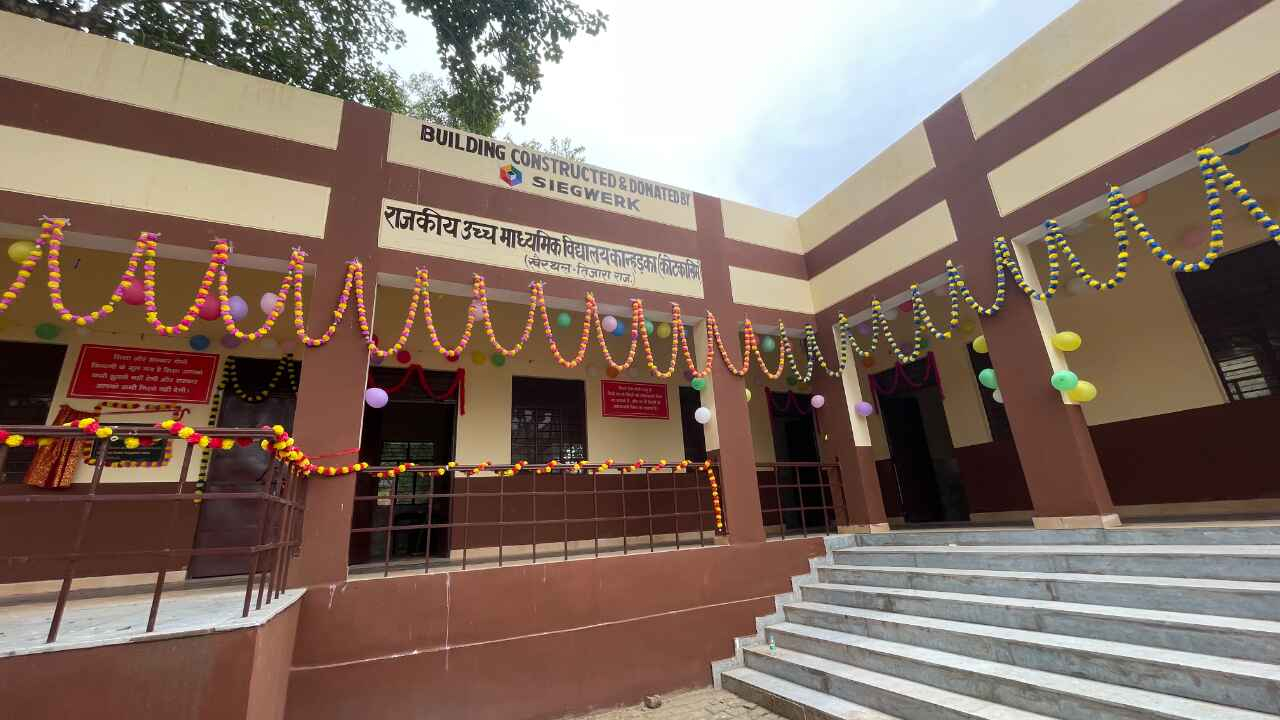Stora Enso to build new mill in China

Stora Enso has announced plans for an integrated board and pulp mill at Beihai city in Guangxi, southern China that will meet the growing need for liquid packaging board and other premium consumer board grades in the area, while simultaneously strengthening the company’s position as a global renewable materials organization.
The mill site will initially include a 450 000-tonne per year state-of-the-art paperboard machine and pulp capacity of 900,000 tonnes per year, including necessary energy plant and auxiliary facilities. The ultimate target is to expand the paperboard capacity to 900,000 tonnes, Stora Enso said.
The operations will be managed by an equity joint venture company established by Stora Enso (85 percent) and the Guangxi Forestry Group (15 percent), a state-owned company under the Guangxi provincial government. The joint venture will serve the fast-growing market for liquid packaging board and other premium consumer board grades, Stora Enso said.
In a unique set-up, board and pulp production will be self-sufficiently integrated with wood supply from 120,000 hectares of self-managed, locally grown eucalyptus (pictured, top) plantations. Stora Enso has been establishing plantations in Guangxi since 2002. The Group currently holds approximately 90,000 hectares, and is to establish sustainable eucalyptus plantations with an effective fiber base of 120,000 hectares to support the new mill in Guangxi.
The project investment will be approximately €1.6 billion (CNY13.4 billion). Construction at the industrial site will commence when specific preconditions have been fulfilled, which is expected to be in the second half of 2012. Production is scheduled to start in the fourth quarter of 2014. The project will be financed through a combination of debt and equity on an approximately 60/40 basis.

Stora Enso chief executive officer Jouko Karvinen said: ‘Today we are taking another significant step in transforming Stora Enso into a global renewable materials company. We already have a globally leading position in renewable fiber-based packaging boards. We will now invest in a world-class integrated mill based on locally grown renewable materials for the benefit of local Chinese consumers in the fastest-growing market. Everything we do will be based on best-in-class technologies, environmental standards and sustainability practices – together with the local partners and communities.’
Mats Nordlander, executive vice president for renewable packaging at Stora Enso, said: ‘Generating sustainable returns from any business requires a unique offering to the customers, be it product or process benefits, in a cost-efficient way – or something that is very difficult for the competitors to copy, like integrating the operation from the plantations to the technically advanced product. This is exactly why we have chosen to differentiate ourselves through a range of specialized world-class board products and end-to-end integration – with the most cost-efficient solution for the Chinese market and at a globally competitive total cost.’
The fiber-based liquid packaging board segment is one of Stora Enso’s strategic focus areas and this investment is consistent with the Group’s announced strategic guidelines. Through this investment, Stora Enso seeks to benefit from the forecast future growth in demand for fiber-based packaging solutions for food in China, which is forecast by several researchers to grow at a compound annual rate of over 10 percent during the next 10 years. This investment will also enable Stora Enso to provide excellent service with cost-competitive, locally produced high-quality liquid packaging boards on a regional basis for its global key customers that are already well-established in China.
The Group’s other operations in China include a 245,000-tonne per year coated fine paper mill in Suzhou, a 170,000-tonne per year uncoated magazine paper mill at Dawang, two core factories, five sales offices and the newly acquired majority shareholding in Inpac International, a packaging company with production operations in China and India, and service operations in Korea.
Stay up to date
Subscribe to the free Label News newsletter and receive the latest content every week. We'll never share your email address.

